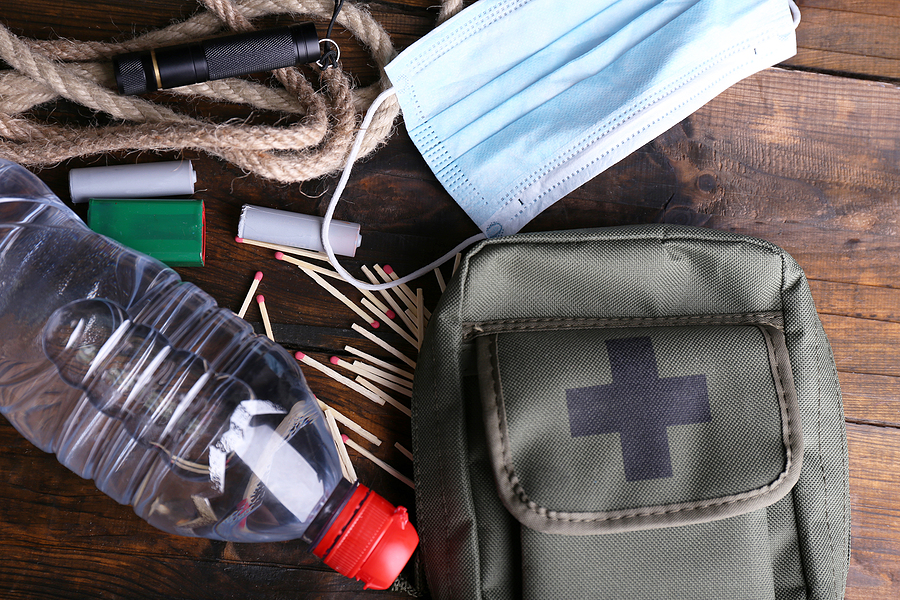When the Atlantic hurricane season began on June 1, the nation was already fighting another battle that makes this year’s tropical storm season much different. Colorado State University’s leading researchers predict an “above average” season for 2020, characterized by four major storms and the possibility of at least one major storm striking the U.S. coast.
In normal times, citizens are asked to evacuate, head to shelters, and come together to deal with the aftermath of a severe weather event. An already fearful public and overtaxed regulators that are dealing with a deadly pandemic are likely going to approach hurricane season much differently this year.
Will People Evacuate?
From a preparedness standpoint, there’s a good chance that homeowners and businesses are more distracted now than they have been in recent years. COVID-19 infection numbers have been skyrocketing in the south, the same areas that would be a target for Mother Nature’s strongest winds and rain during the summer months.
If a hurricane is bearing down on one of these areas, how are people going to react? Citizens have been told to stay home and social distance since March. The idea that they might have to crowd into a shelter with hundreds of other people and be exposed to a virus may not sound appealing.
The Centers for Disease Control and Prevention (CDC) recommends that families take extra precautions this hurricane season because of COVID-19. Some of the preparations they recommend include:
- Consider home delivery of your disaster supplies instead of going to the store;
- Prepare a “go kit” with personal items in case you need to evacuate. This year, those items should include hand sanitizer and two face coverings for each person.
- Continue to social distance when checking on neighbors.
- Pay attention to local guidance about updated plans for shelters and evacuations.
Resources Have Been Depleted
These are challenging times, and the truth is that many of the resources that would be activated to help before, during, and after a hurricane have already been depleted thanks to COVID-19. According to The Atlantic, emergency managers across the country have been actively engaged in the fight to contain the deadly pandemic.
When to evacuate and who to evacuate is likely to look different this hurricane season thanks to the pandemic. Evacuation would be particularly challenging for assisted-care facilities and hospitals, which may already have COVID-19 patients.
Because of the challenges, emergency planners are already considering more shelter in place recommendations for this year. In Charleston, SC alone, there will be an estimated 80% less hurricane shelter space available in 2020 due to the social distance requirements.
And, if a hurricane does hit, many communities may not find the assistance they need. Hospitals are already at full capacity, and volunteers who often step up in these situations haven’t had a day off in months. Many communities that welcome evacuees with open arms may be reluctant to do so in the midst of a health crisis.
Because the people that deal with disasters nationwide have already been busy for months, they may not be able to get in place logistically to help after a hurricane and may struggle to get the federal support necessary to fill the gap between local, state, and federal resources.
MedTrust is a leading ambulance transport service in Charleston, SC, Myrtle Beach, SC, and Jacksonville, FL. We focus on improving patient outcomes with the delivery of emergent and non-emergent interfacility transport within our coverage areas. Contact us to learn more about our service or joining the team of one of the most innovative and fastest-growing healthcare companies in the Southeast.

